
Started under the name of Real y Pontificia Universidad d...
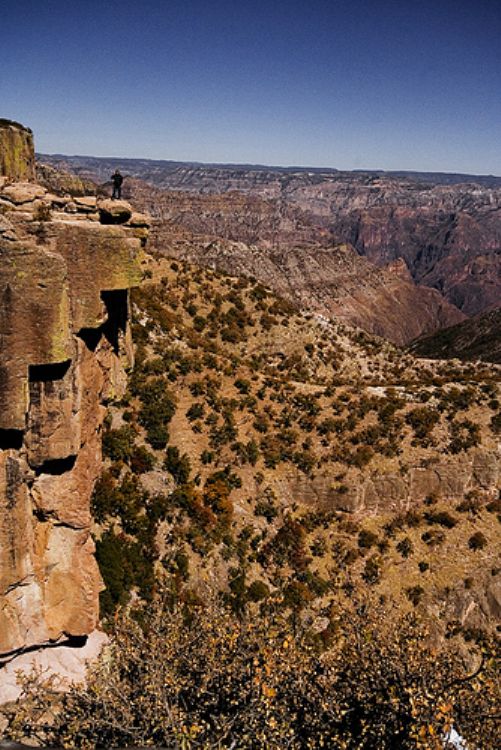
Adventure Tourism
Chihuahua is the ideal place for Adventure Tourism. The sports most enjoyed in this area are hiking, rappel, rock climbing, river kayaking, sand boarding and mountain biking because it has a great variety of areas ranging from vast plains to spectacular ravines. There are regions that attract those who enjoy light hikes, as well as the intrepid looking to challenge their physical fitness.
Adventurous activities can be enjoyed throughout the year when the stateÃâs three great rivers are available for extreme kayaking.
Hunting
Hunting season in Chihuahua is from October to May, for all species in general. It has more than 80 hunting ranches offering attractive hunting, camping, fishing, mountain biking and photography areas.
The main hunting species in these ranches are: white tail deer, Berber sheep, European wild boar, wild turkey (the largest in America) and three species of quail (Escamosa, Moctezuma and Gambel), quite abundant within the StateÃâs various areas.
Additionally, one of the most important populations of migrating birds within the central current spend the winter in this State, arriving more than 1Ãâ200,000 specimens each year, including 18 duck species, 4 goose species and 2 crane species.
Santa Elena Canyon
An imposing natural trail on Santa Elena Mountain Range, crossed by Bravo River is, without a doubt, one of ChihuahuaÃâs greatest Geographic marvels for its limestone walls - completely vertical - reaching up to 450 meters in height and its canyon is 15 kilometers can be travelled by boat. Although such trip is not too difficult, it is highly recommended to hire expert guides, available at the town of Manuel Benavides, for easily accessing (which takes more than two hours) its viewpoints and the canyonÃâs entrance.
Polvorillas
One of the most impressive landscapes of Chiahuahua Desert, which further north becomes ArizonaÃâs desert, is full of whimsical rock formations known as stacked stones, creating one of MexicoÃâs most unique landmarks. This rocky labyrinth amidst the desert is accessible through the Ojinaga-Camargo highway, 80 kilometers to the southeast, on the Polvorillas detour.
Paquimé Archeological Site
Paquimé was a pre-Columbian settlement of ethnic groups inhabiting Chihuahua, MexicoÃâs northern states and the south of the USA. Although their linguistic and ethnic affiliations are unknown, their remains show a high degree of civilization through its multiple story buildings, ceremonial precincts, efficient hydraulic networks, plazas and social centers; concluding it was a urban city built by culturally developed people. UNESCO named this archeological site World Heritage in 1998 and itÃâs located 363 kilometers from Chihuahua and 282 kilometers from Ciudad Juarez, extending over 50 hectares that still havenÃât been completely explored.
Basaseachi Waterfall and National Park
Freefalling down 246 meters over Candameña Canyon, Basaseachi Waterfall is considered the tallest in Mexico and the fifth tallest in all of America. Basaseachi in Raramuri means Ãâplace of waterfall or coyote, one of the most unforgettable landscapes in the State. The national park is full of natural beauties, highlighted by its abundant pine and oak forests, plus some species of agave, agavillas and bushes.
Over the viewpoint there is an impressive sight of the landscape, as well as of the extraordinary depth of the canyonÃâs walls with over 1,600 meters of astounding verticality.
Ancient tectonic movements and great geological faults caused intense fractures in the EarthÃâs crust, creating streams, rivers, lakes and waterfalls meeting at the canyons. There is another waterfall near the park, called Cascada de la Piedra Volada located within Barranca de Candameña.
Samalayuca Dunes
This beautiful site, where the fine sands change shape and place due to the windÃâs strength, itÃâs the scenario of spectacular sunsets and sunrises, found 50 kilometers to the south of Ciudad Juarez, on the outskirts of the small Samalayuca community. It is approximately 145 squared kilometers wide where marine fossils have been found from the Quaternary Era and its general characteristics lead us to conclude it was once occupied by a prehistoric inner sea. It is ideal for practicing extreme sports and for enjoying wonderful hikes through its beautiful landscapes.

Started under the name of Real y Pontificia Universidad d...

Since we are located in a great seismic zone of the world...

David Alfaro Siqueiros belonged to the post-revolution ge...
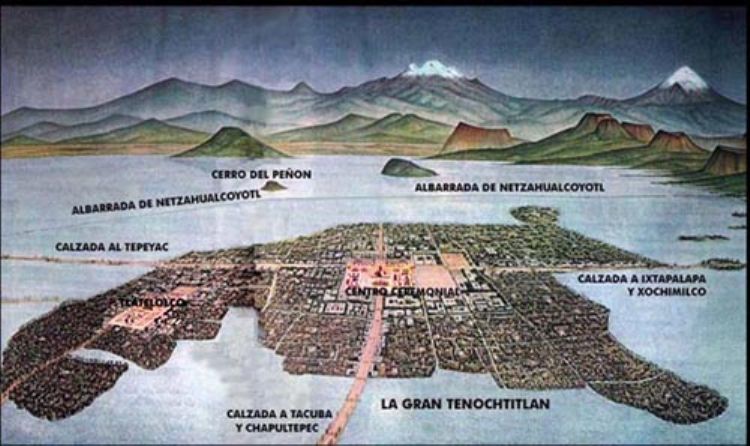
Europe became very interested after the discovery of Amer...
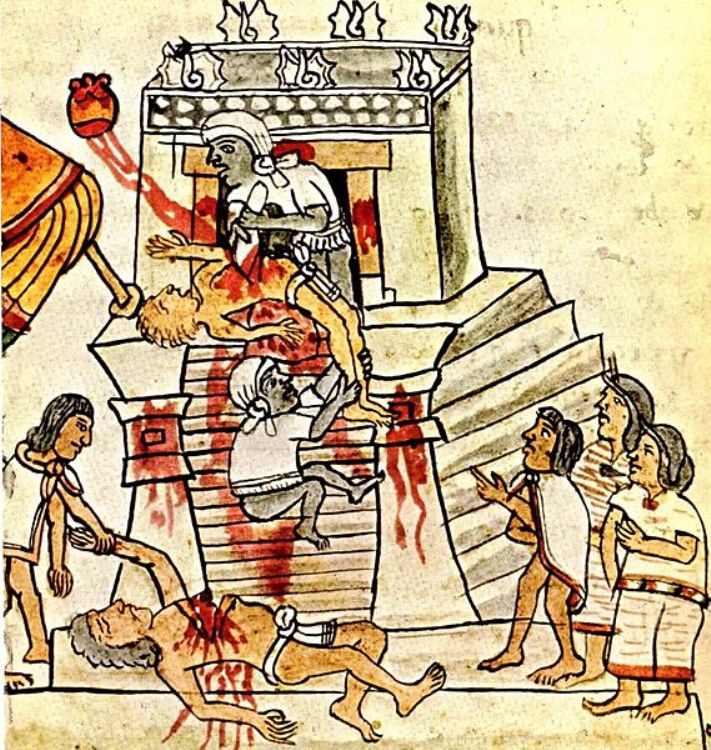
Pre-Columbian era is a term used referring to the situati...
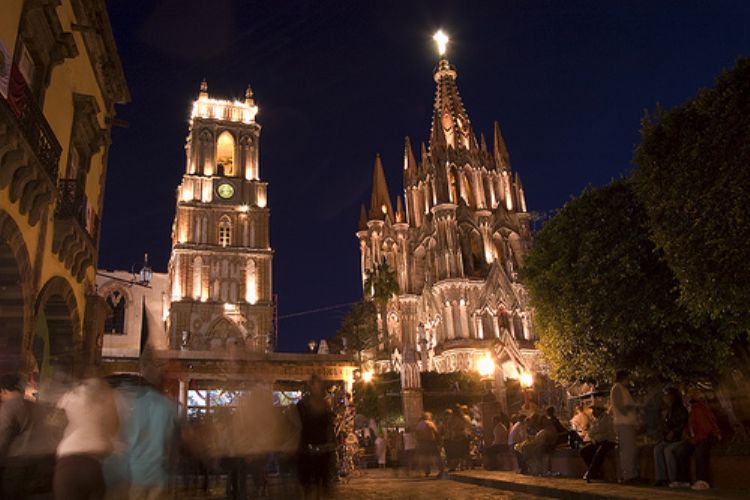
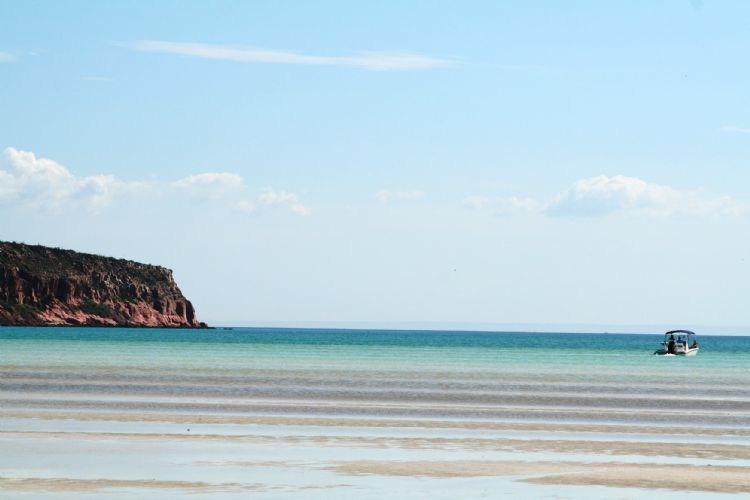
Along the Sea of Cortez, are the beaches of four Mexican ...